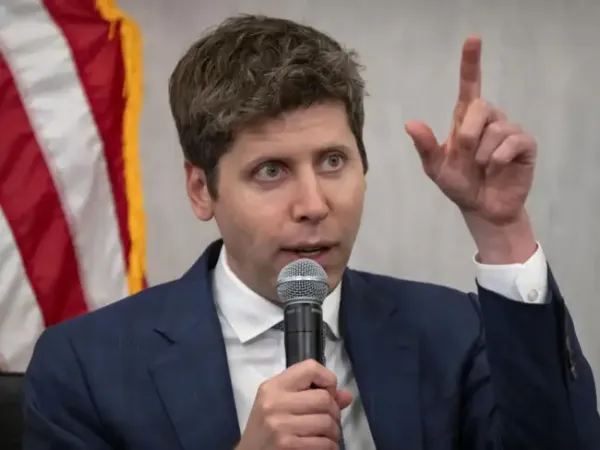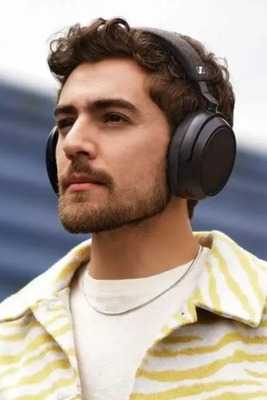OpenAI CEO Sam Altman has acknowledged that conversations with ChatGPT don’t carry the same legal protections as those with a therapist, doctor, or lawyer, a gap the AI industry has yet to resolve.
Speaking on comedian Theo Von’s podcast 'This Past Weekend w/ Theo Von', Altman said many young users treat ChatGPT as a therapist or life coach, asking for advice on relationships and personal struggles. However, he warned that these exchanges aren’t legally confidential.
“We haven’t figured that out yet for ChatGPT,” he said. “If you go talk to ChatGPT about your most sensitive stuff and then there’s like a lawsuit or whatever, we could be required to produce that.”
“I think that’s very screwed up,” Altman added. “We should have the same concept of privacy for your conversations with AI that we do with a therapist — and no one had to think about that even a year ago.”
His remarks come amid a legal battle between OpenAI and The New York Times, where a court order could require the company to retain user chats — except for those on ChatGPT Enterprise.
In a public statement, OpenAI said it is appealing the decision, calling it “an overreach.” The company warned that the ruling could set a dangerous precedent, exposing user data to increased legal and law enforcement scrutiny.
Altman also questioned Von about his own usage, after the podcast host admitted he avoids ChatGPT due to privacy concerns. “I think it makes sense to really want the privacy clarity before you use it a lot like the legal clarity,” Altman said.
Speaking on comedian Theo Von’s podcast 'This Past Weekend w/ Theo Von', Altman said many young users treat ChatGPT as a therapist or life coach, asking for advice on relationships and personal struggles. However, he warned that these exchanges aren’t legally confidential.
“We haven’t figured that out yet for ChatGPT,” he said. “If you go talk to ChatGPT about your most sensitive stuff and then there’s like a lawsuit or whatever, we could be required to produce that.”
“I think that’s very screwed up,” Altman added. “We should have the same concept of privacy for your conversations with AI that we do with a therapist — and no one had to think about that even a year ago.”
His remarks come amid a legal battle between OpenAI and The New York Times, where a court order could require the company to retain user chats — except for those on ChatGPT Enterprise.
In a public statement, OpenAI said it is appealing the decision, calling it “an overreach.” The company warned that the ruling could set a dangerous precedent, exposing user data to increased legal and law enforcement scrutiny.
Altman also questioned Von about his own usage, after the podcast host admitted he avoids ChatGPT due to privacy concerns. “I think it makes sense to really want the privacy clarity before you use it a lot like the legal clarity,” Altman said.





